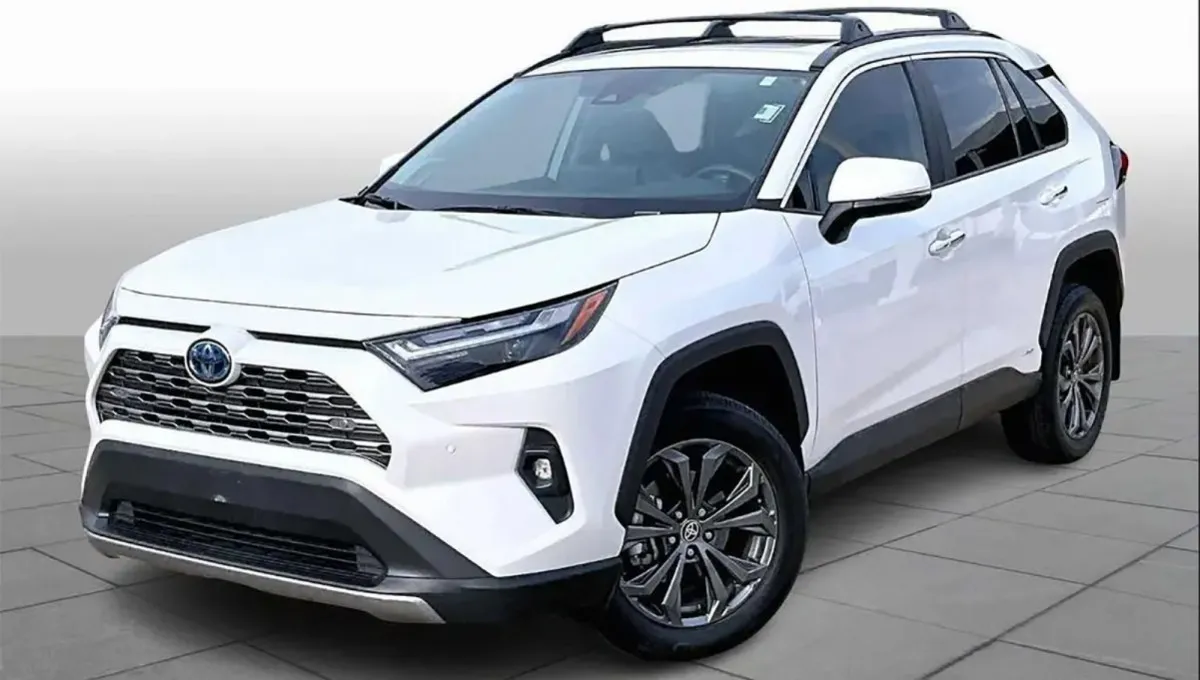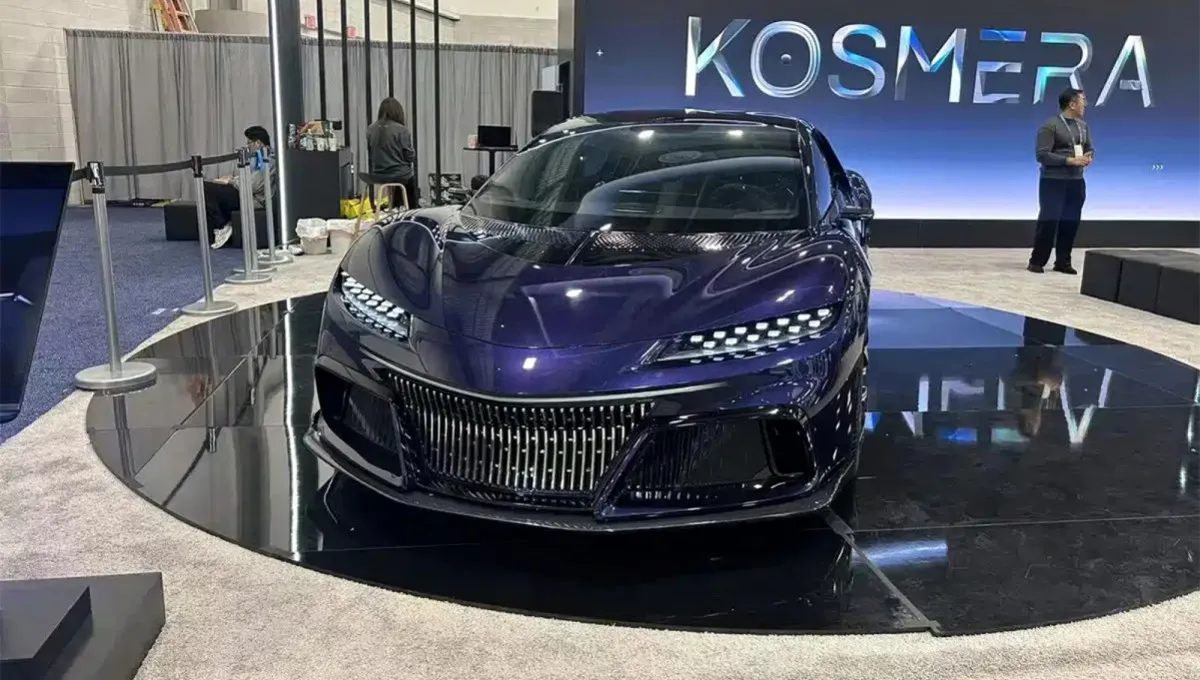After 8-Year Slump, Canada's Auto Market Roars Back—Led by a Detroit Power Surge
Canada’s automotive market continued its upward trend in 2025. After a brief dip in February, sales rebounded strongly in the second quarter.

Back in 2017, Canada’s auto market surpassed 2 million units sold, marking a 10.3% increase year over year. But that peak was short-lived. By 2019, sales had dropped 3.7%, kicking off a decline that lasted through 2022, resulting in an overall 24% decrease compared to 2018 levels.
The recovery began in 2023, when annual sales rose by 11%. Growth continued into 2024, with an 8.8% increase, although total sales still remained below the 2-million-unit mark.
As a major vehicle producer, Canada assembles about 1.4 million cars annually, supported by nearly 700 parts suppliers and global supply chains. However, the industry remains highly vulnerable to disruptions — from COVID-19 factory shutdowns and border closures to the semiconductor shortage.
In 2025, the Canadian auto market kept growing. After a temporary slump in February, sales climbed during the second quarter.
In September, new light-vehicle sales rose 3.7% to 163,000 units, bringing the total for the first nine months to 1.443 million units, up 3.3% year over year.
Among brands, Ford maintained its lead with a 12.9% market share (+6.5%), followed by Toyota at 11.3% (+3%) and Chevrolet in third (+6.9%). The strongest growth within the top ten came from Hyundai (+15.3%) and Honda (+12.5%), while GMC (+2.6%) and Toyota (+3.0%) showed the weakest gains.
In model rankings, the Ford F-Series remained Canada’s best-selling vehicle (+5.3%), ahead of the Toyota RAV4 (+2.2%).
Over the past decade, Canada’s electric vehicle (EV) sector has steadily expanded, driven by abundant mineral resources and growing battery production. Growth continued in 2024, but the U.S. dominance of Canada’s EV market could now be challenged by tariffs proposed by Donald Trump.
In 2025, the Canadian EV segment faced headwinds, with volumes down 18.8% compared to the same period last year. Accounting for just 5% of total vehicle sales, the decline reflects several factors, including uncertainty over tariffs and consumer backlash toward Tesla. Additionally, the recent pause of several Canadian EV manufacturing programs has further slowed the sector’s recovery.
Despite losing 34.3% of its sales, Tesla remained the top EV brand. Ford surged 84.9%, taking second place, while Cadillac climbed to third with an impressive 115.6% sales increase.
You may also be interested in the news:

Americans Go Crazy Over the New Toyota RAV4: Dealers Mark Up Prices and Mislead Buyers
The new generation of Toyota’s best-selling SUV has sparked heated online debate.

You Need to Know This. Why Car Prices Are Rising in the U.S.: Buyers, Not Technology, Are to Blame
A new study identifies the main reasons new vehicles are getting more expensive

Ten Most Anticipated New Cars of 2026: What We’ll Be Driving
Automakers are planning to roll out a wide range of exciting new models in 2026.

Stellantis Plans to Strengthen Dealer Partnerships to Boost Sales and Market Growth
The move comes amid efforts to restore sales volumes and market share following a dip in North American sales.

Porsche Loses Ground in China: Sales Drop 26% as Focus Shifts to the U.S.
Porsche’s China sales fell 26% in 2025, underscoring growing pressure from local EV brands